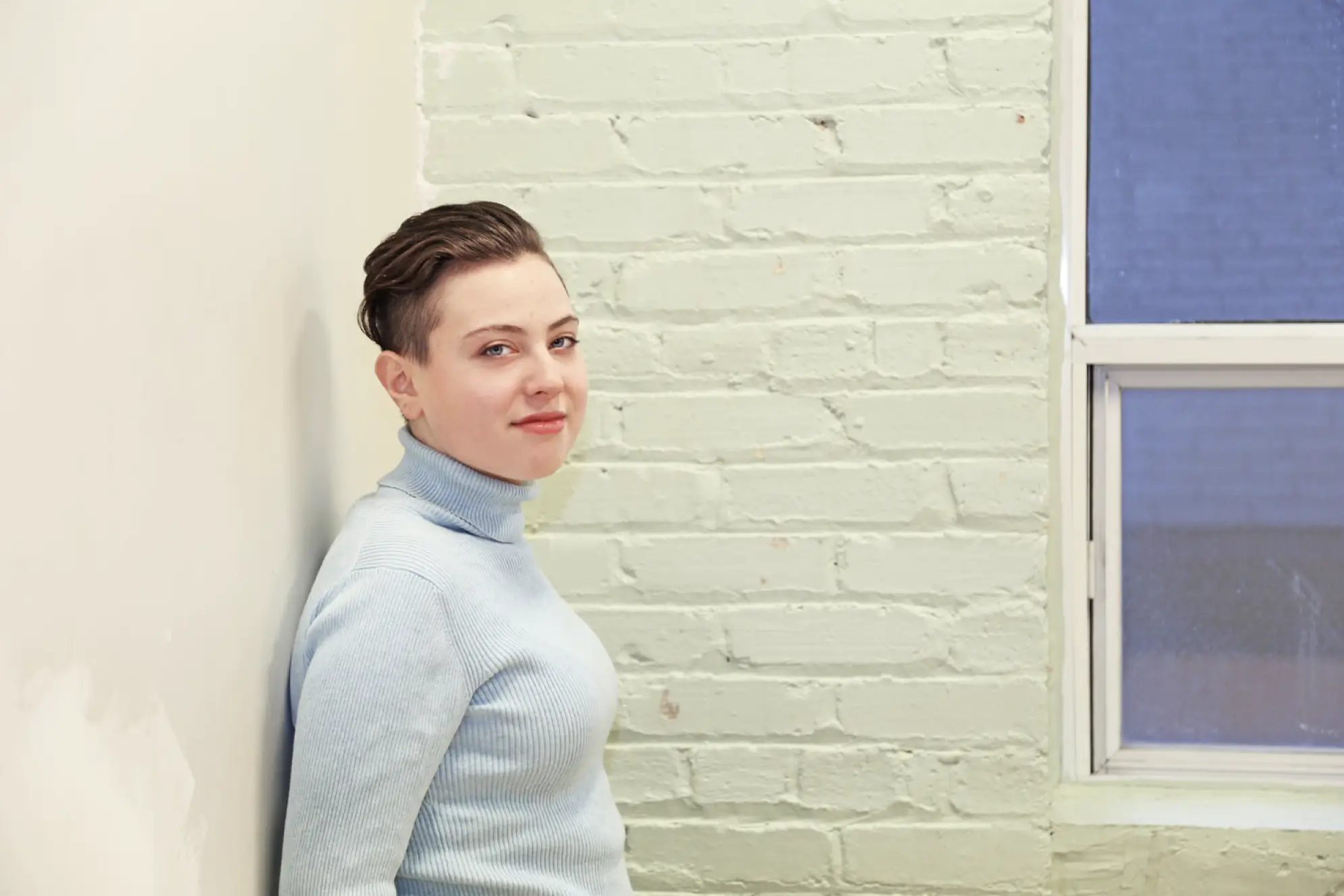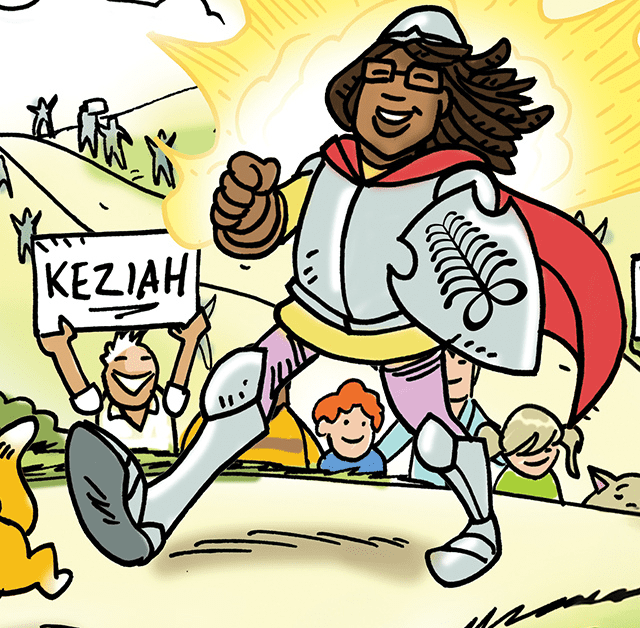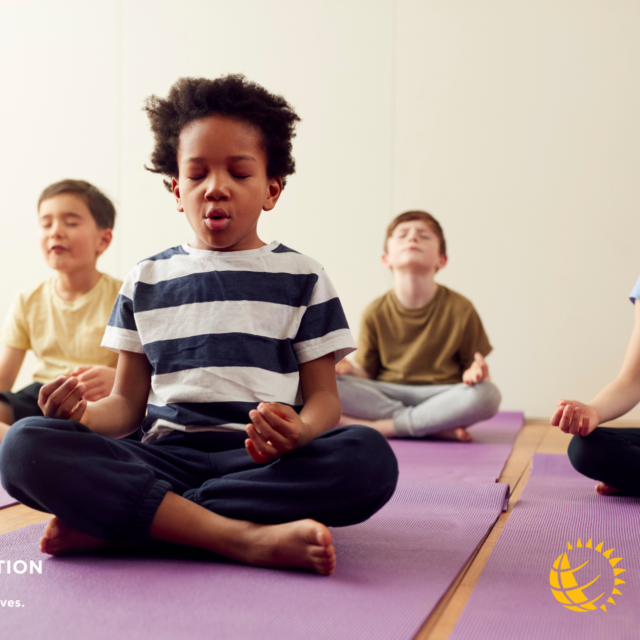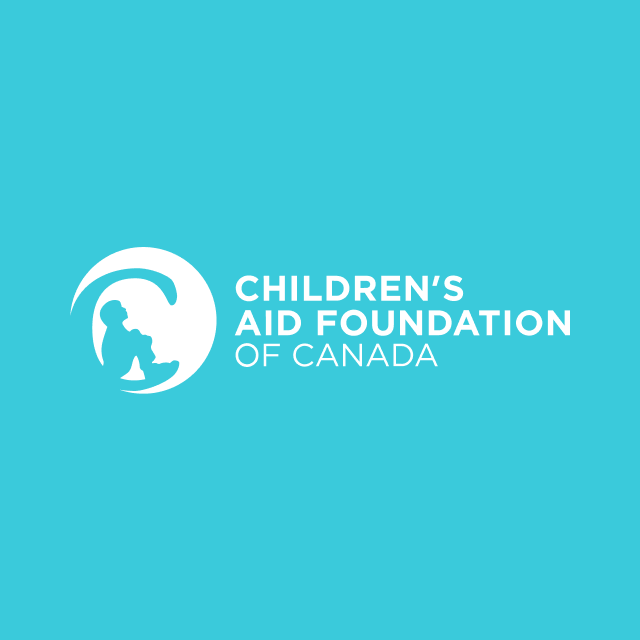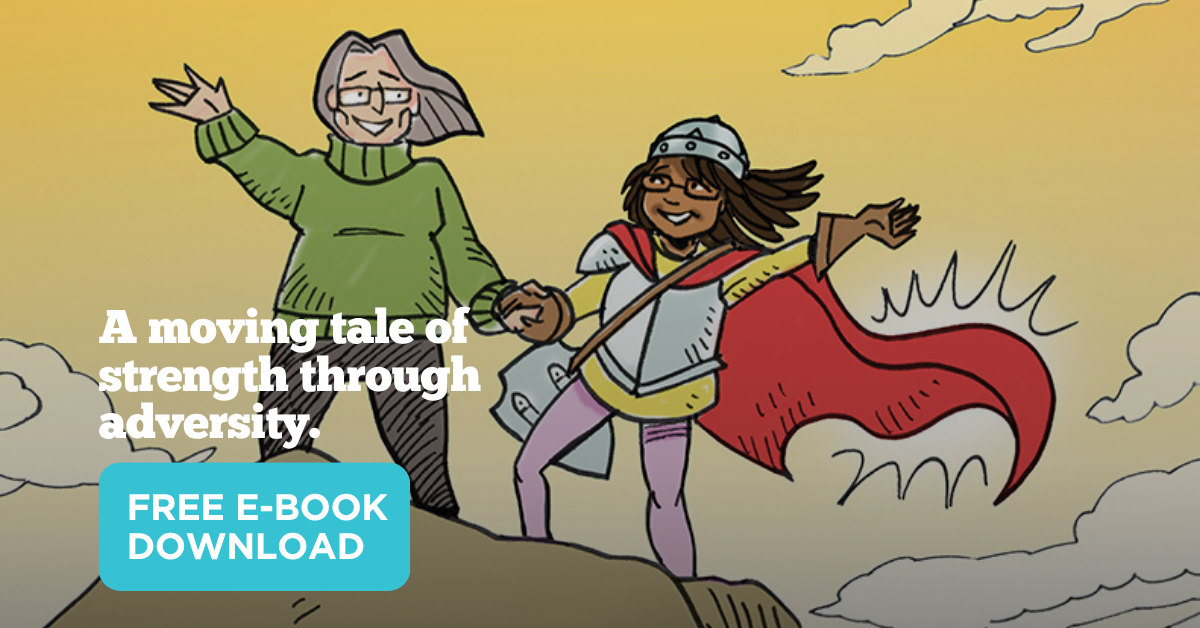Self-care and well-being are critical to the mental and physical health of youth in and from care. For many young people, experiencing abuse and neglect can create lifelong challenges that often include low self-esteem, lack of identity, as well as a lack of knowledge surrounding how to best take care of themselves.
CHANA, July’s Young Person in Profile, was 12 when she entered foster care. Now, at the age of 18, she is learning to navigate adulthood while practicing various forms of self-care that have helped her find balance and stability.
*The opinions and views expressed in this article are that of the youth in profile, and not necessarily reflective of the official opinion or position of the Children’s Aid Foundation.
It’s crucial that youth in care are being exposed to healthy role models. A lot of the youth from care that I’ve met weren’t taught how to take care of themselves, and it’s really hard to watch, because it’s something I struggle with, too. It’s just knowledge; they don’t know the importance of it, and haven’t internalized it. A lot of kids in care are also in survival mode; they’re not really living, they’re just trying to get by day-to-day, going from the end of the shift to the next shift, and are often providing for somebody else, or have been. I’ve been there, and it’s not a way to live. You’re not sustaining yourself.
“When I was about 12-years-old, my dad passed away and my mom slowly became unable to care for me and my siblings. Entering care was very confusing, because for a large portion of my time in care, I didn’t understand what was going on. I refused to get support from anyone because I didn’t believe that I needed to be in care. I think after things broke down, I realized that my exit plan wasn’t possible, and my mom had moved-on and spoke of no plans to get us back.”
“I lived in three foster homes and one residential treatment home, and I understood early on that my experience wasn’t typical. I was looking back on the past six years, and they’ve been filled with a lot of pain and change, but they’ve also been filled with opportunities I feel extremely privileged to have had. Because I was put into care, I was able to receive consistent, ongoing therapy, which is crucial in healing and making sense of my past, as well as helping me navigate my way through relationships and adulthood.”
“Keeping journals has allowed me to see how far I’ve come, both physically and mentally. I found my passion for spoken word poetry through writing journals throughout the years. Writing out my true thoughts and feelings, it allowed me to make sense of my consistently changing environments, as well as the inner turmoil caused by that. I wrote that short journal entry during one of my first days living at a residential treatment home. Having tangible proof of my resilience to move forward in some of the most difficult periods of my life helps me remember just how far I’ve come, and how far I am going to go.”
“Growing-up, I was never taught about good nutrition, and I’ve come along way in educating myself and practicing healthy eating. Youth in care aren’t getting enough guidance in the importance of taking care of themselves, what to feed themselves, etc. I now run and workout, and I recently got into playing rugby. Staying active has been really important in regards to taking care of my physical and mental health, too. It’s a big balancing act.”
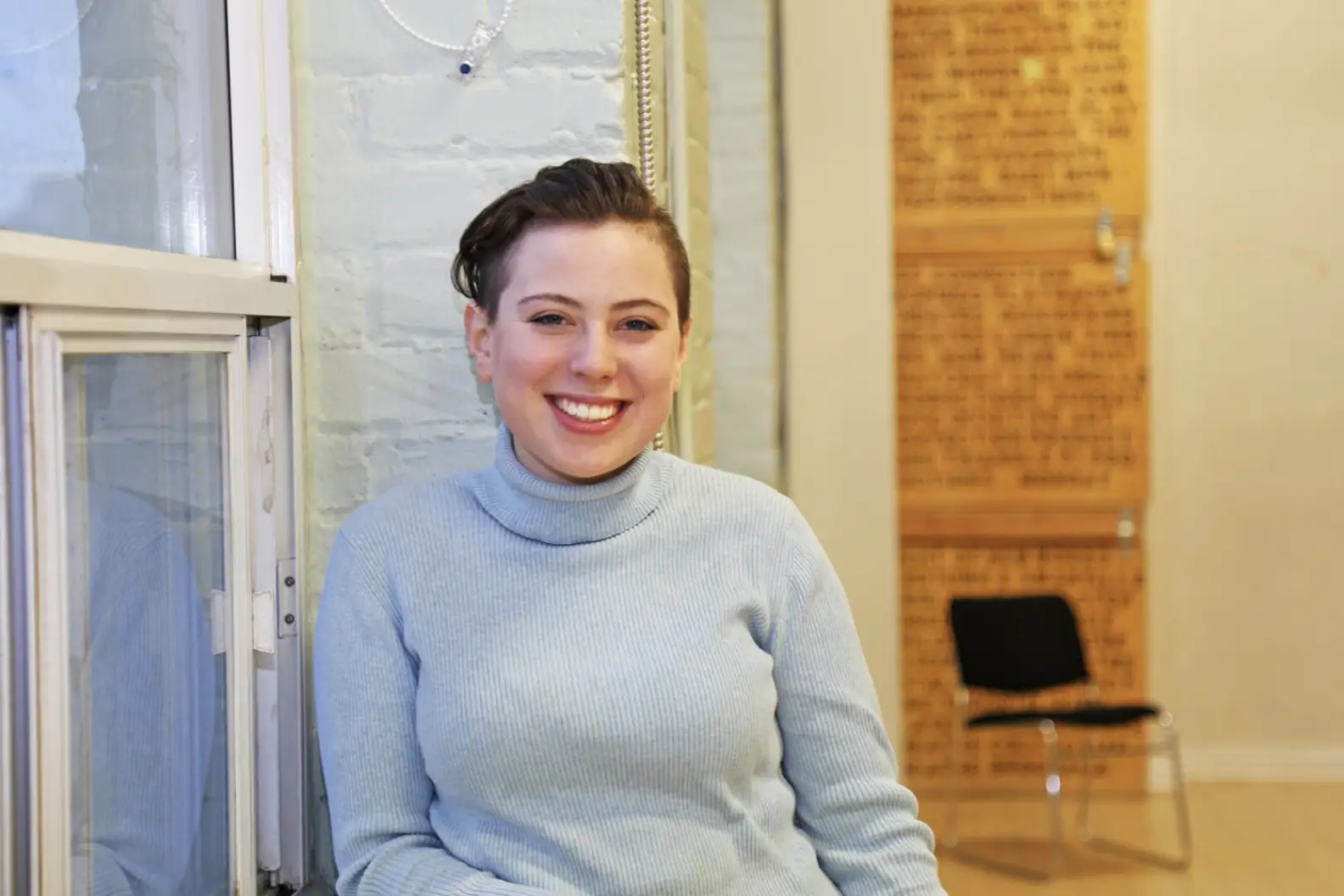
“For me, self-care is staying mindful. That means taking care of my body and mind not over-exerting and exhausting myself. Self-care has been an ongoing struggle, because I never learnt it. It’s something I’m still getting used to and really practicing. I have poor self-talk, and part of taking care of myself and loving myself is being kind to myself mentally. I could sit for hours thinking about all of the things I’ve done wrong, but it’s so destructive.”
“It’s crucial that youth in care are being exposed to healthy role models. A lot of the youth from care that I’ve met weren’t taught how to take care of themselves, and it’s really hard to watch, because it’s something I struggle with, too. It’s just knowledge; they don’t know the importance of it, and haven’t internalized it. A lot of kids in care are also in survival mode; they’re not really living, they’re just trying to get by day-to-day, going from the end of the shift to the next shift, and are often providing for somebody else, or have been. I’ve been there, and it’s not a way to live. You’re not sustaining yourself.”
“I don’t exactly know what I want to do in the future, but I would like to go into something related to the practice of social work. My goal is to be mentally healthy, to be happy with myself. Right now, I’m in this weird state of flux because I’m trying to live in the present while dealing with my past. So, I want to be good. I want to be solid.”
“The public needs to inform themselves about various populations that are at a disadvantage. Kind of like the theory of (feminist) intersectionality — the idea that people are affected by their race, class, sexuality, gender, etc. — and I think one of those sections needs to be childhood. What was your childhood like? Were you abused? Neglected? There is so much awareness now all over the world [surrounding multiple issues], but it’s kind of a weird topic, to be like ‘oh I was a foster kid’ or ‘I was abused’. It’s still stigmatized. Growing-up in care is one of the most confusing and scary things. Kids that are in care struggle for a reason, and most of the time it’s not their fault.”
Support young people like CHANA in achieving their full potential.
